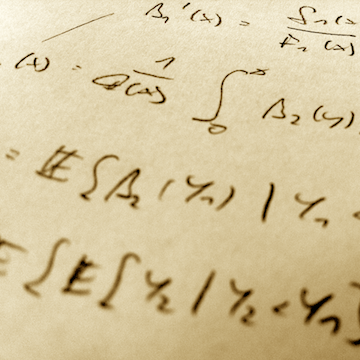Game Theory and Mechanism Design

Mechanism Design is "game theory in reverse". It tries to look at ways to change the specifics of a setting comprising self-interested agents in order to optimise some aspects of the equilibrium outcome. It is closely related to mathematics, operations research, microeconomics and theoretical aspects of computing science.
A major focus of the ACT's investigation in this area is that of efficiency in mechanisms. Efficiency in this context means that the rules of a mechanism encourage players to be truthful about their valuations and preferences, and largely eliminates the need for strategic behaviour. For instance, in auction theory a common theme is to incentivise bidders to truthfully reveal how much they are willing to pay for an item. One way of doing this in a simple setting is awarding the item on sale to the highest bidder, but charging him the amount of the second highest bid. Clearly, in this auction format there is no incentive to lie about one's valuation of the item.
This generalises to more complex scenarios. In the general case of combinatorial auctions, winners are charged the externality they impose on other bidders. However, in this general case both winner determination and fee determination pose hard computational problems. A key challenge in this field is striking a balance between simplifying a mechanism enough to be able to handle it computationally, while still acommodating the complexity of a situation.
Mechanism Design is relevant in a variety of fields related to the space sector. For instance, combinatorial auctions are used for frequency auctions or the allocation of airspace resources.